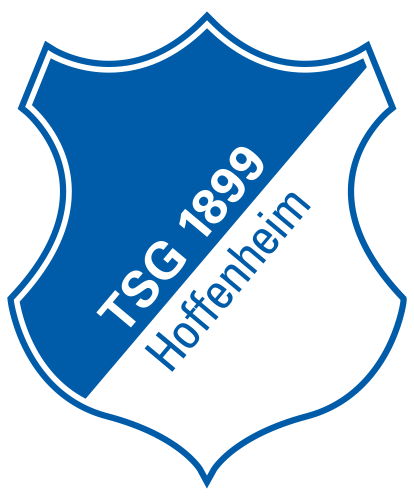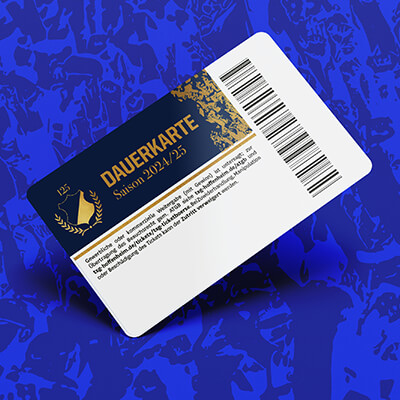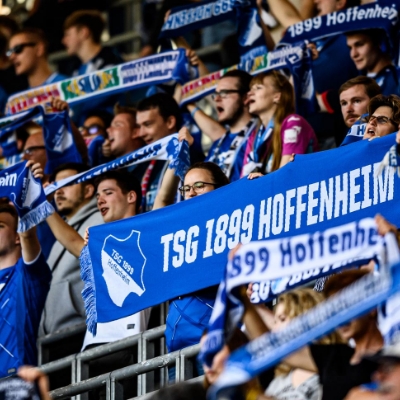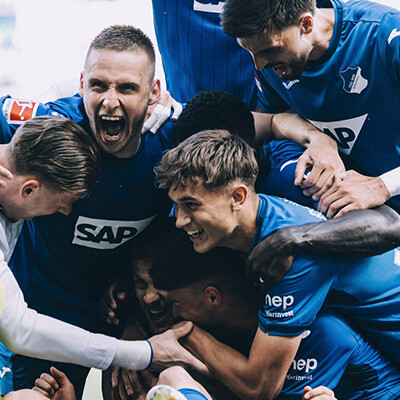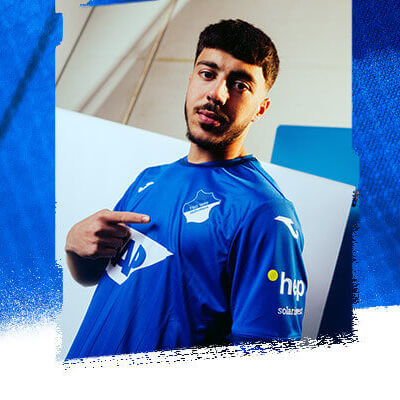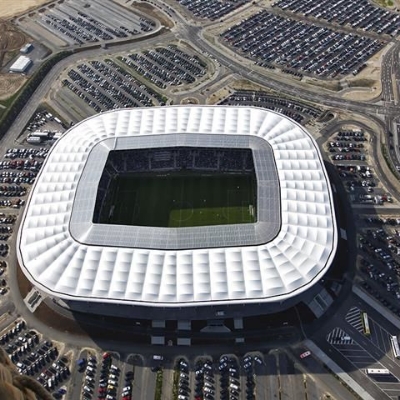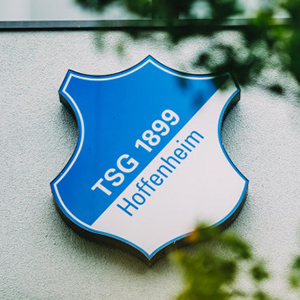Longing for European success
This millennium got off to a rather sluggish start for FC Porto. After winning five consecutive league titles between 1995 and 1999, a trophy drought followed. That prompted the club officials to unveil José Mourinho as the new coach in January 2002. The former Barcelona youth coach had previously been in charge at UD Leiria, was only 38 years old and was regarded as a great coaching talent. The signing of the Portuguese tactician quickly turned out to be one of the best transfers in the club's history.
For Mourinho delivered. Although he suffered a 3-2 home defeat to SC Beira Mar in February 2002, the coach did not lose any of the 38 matches that followed at the Estádio do Dragão, which had became a fortress, before his departure to Chelsea in the summer of 2004 – and went unbeaten at home for an incredible nine consecutive years in his subsequent career. The home strength was the basis for an impressive success story which elevated FC Porto to the ranks of the European superpowers: Porto became champions and cup winners in the 2002/03 season – and won the UEFA Cup.
A year later, the team even claimed the Champions League crown thanks to a 3-0 victory against Monaco in Gelsenkirchen – and completed the trophy haul by winning the Club World Cup. Twenty years on, the club's international reputation has waned and they have not managed to reach a semi-final since. Mourinho is now in the dugout at Fenerbahce – and Porto missed out on the Champions League after a disappointing third-place finish last season. Under Vitor Bruno, 41, who was the assistant coach for seven years and became the head coach this season, Porto now want to spark the kind of magic they once did under Mourinho.
In terms of personnel, the coach will have to do without the big names that have shaped FC Porto in the past. Super stars such as Deco, Quaresma, Vitor Baia, Jardel, Hulk, Falcao and Pepe are no longer in the squad. The latter drew the curtain on his career in the summer. That said, Porto have an impressive selection of talented players in their squad, including national team goalkeeper Diogo Costa, defensive midfielder Alan Varela (23 / Argentina) and striker Samu Omorodion (20 / Spain), who arrived from Atletico Madrid for €15 million in the summer. After a successful start to the Portuguese league campaign, the team's objective for the Europa League is clear: they want to strike fear into the hearts of their international opponents at the 50,033-capacity Estádio do Dragão once again – and, in a best-case scenario, add a first international title since 2004 to their honours list. In order to achieve this goal, Porto urgently require points: FCP have taken only one point from their first two games, having played out a 3-3 draw with Manchester United last time out.


